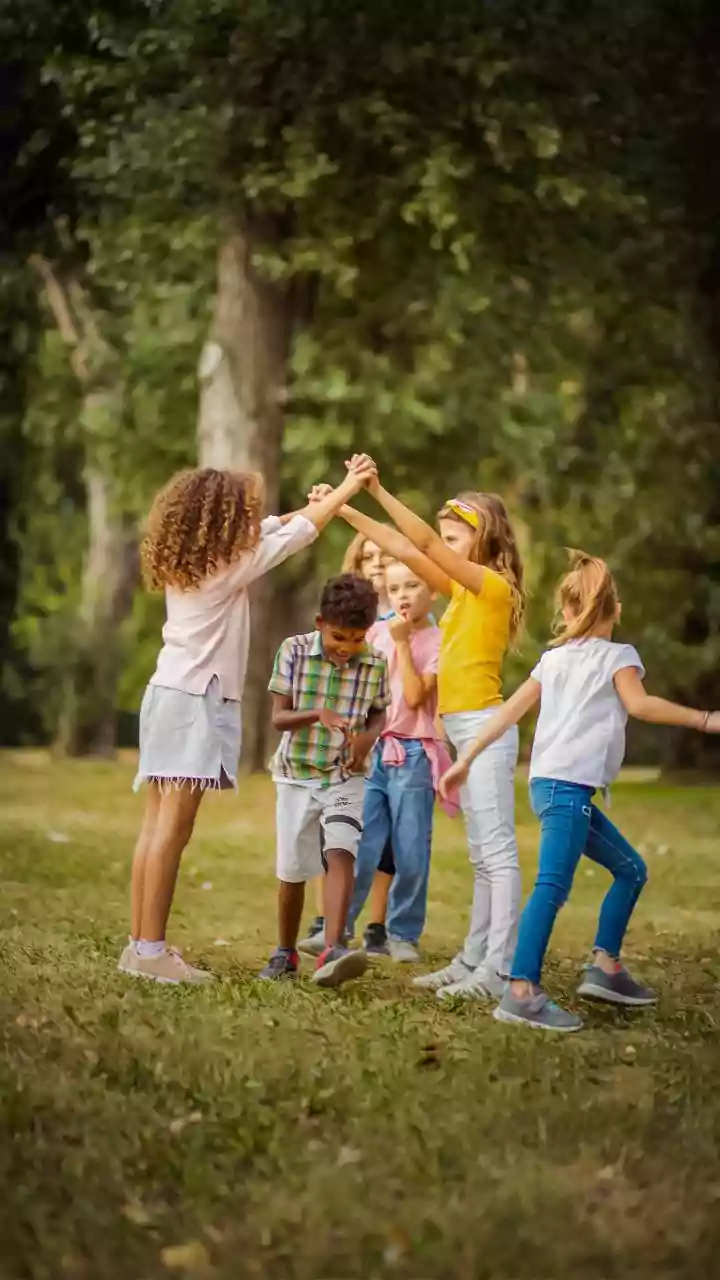Listen, Understand, Connect
The journey of kindness begins with deep, attentive listening. The very first step to fostering a supportive relationship involves truly listening to what
your friends and family are saying, both spoken and unspoken. This means setting aside distractions, making eye contact, and concentrating on their words. To connect and truly understand their needs, listen intently, not just to respond, but to genuinely comprehend their perspective. Often, a person's needs are complex and multifaceted; they might require understanding, empathy, or just someone to listen without judgment. By giving this kind of undivided attention, you pave the way for a stronger connection built on trust and mutual respect. This approach is not merely about hearing the words; it involves deciphering the emotions that accompany those words and being present in the moment.
Put Yourself Aside
Often, your emotions can cloud the ability to connect with others, thus understanding their needs may prove difficult. Practicing emotional self-regulation enables you to set aside your feelings momentarily to comprehend the situation of others. This does not mean negating your feelings, but rather, postponing your emotional response to fully understand the other person's perspective. It requires a level of empathy to look at the situation from another angle. You would try to see through their eyes, and feel through their hearts. This practice fosters a supportive environment and allows you to give advice or a helping hand while remaining composed. By focusing on the other person's needs and experiences, you create a safe place for them to share and be heard.
Think of Others Regularly
The simplest of gestures can sometimes create a profound impact. Taking the time to show that you're thinking of your loved ones is important. This can involve sending a casual text, a quick phone call, or a small gift. It’s a simple way to stay in touch and show that you care. Whether it's a quick message expressing thoughts or an email about something you know would be of interest, each of these actions is a way to bridge distances and strengthen relationships. In a fast-paced world, these small, regular acts of thoughtfulness provide a reminder of the bonds between people, cultivating a sense of closeness and belonging. They also provide a sense of continuity, where individuals know that they are being thought of.
Genuine Compliments Matter
Genuine compliments are a powerful way to express your appreciation and love. Recognizing and verbally acknowledging the positive qualities of others, such as their strengths, achievements, and efforts, can uplift their spirits and reinforce positive behaviors. A thoughtful compliment creates a sense of validation. It enhances the positive feeling and is highly motivating. Focus on specific aspects of their character, talent, or appearance to make the compliment authentic and meaningful. Avoid generic compliments, such as “You look nice”, instead try, “I admire your perseverance on this project; it truly shows your dedication.” This shows appreciation and provides encouragement, which can boost self-esteem and foster a deeper bond.
Small Favors Create Bonds
Offering help to friends and family can do a lot for the relationships. These favors don’t have to be grand gestures, even the smallest of acts of support can make a difference. This might involve running errands, doing household chores, or providing assistance with their work. Helping someone, even with something small, helps them in an immediate way, but it also creates a feeling of trust and reciprocity. This will lead to them being more willing to help you out in the future. The simple act of lending a hand can strengthen relationships, creating a foundation of mutual support and shared experiences. Helping each other through day-to-day challenges helps build strong, supportive relationships.
Plan Time Together
In today’s busy world, setting aside quality time is crucial for keeping relationships strong. Plan activities that everyone can enjoy together, like shared meals, outings, or relaxing evenings. Engaging in shared activities is more than just about spending time together; it's about making memories and building lasting bonds. These shared experiences, whether adventures or simple conversations, strengthen connections. Consider the needs of each person when choosing activities; include their interests. Prioritizing quality time together also shows how much you value the relationship. This will foster a sense of belonging and create shared memories that you can all look back on.
Share How You Feel
Being open and honest about your feelings can foster emotional intimacy. Sharing your emotions and allowing yourself to be vulnerable cultivates deeper connections with your friends and family. This doesn't mean sharing every detail, but rather communicating honestly. Discuss your joys, concerns, and fears to foster mutual understanding and empathy. Sharing your feelings provides others with a sense of security and trust, which strengthens the bond. Creating a safe space for open communication allows for the resolution of conflicts and the enhancement of your relationship. By being open and honest, you help your friends and family understand and support you, and vice versa.
Get Vulnerable Together
Showing vulnerability builds trust and strengthens relationships. Sharing your insecurities, fears, and doubts, builds stronger connections. This kind of genuine sharing allows you to show your authenticity. Being willing to be vulnerable allows for the other person to be the same, which increases trust and allows for a deeper understanding. Sharing these parts of yourself shows that you trust the other person. They will then be more likely to share their thoughts and feelings. This, in turn, can help create a sense of closeness. This open communication is essential for the relationship, which will strengthen it and foster a strong sense of support and understanding.
Express Appreciation
Expressing gratitude, in words or actions, is a simple, yet effective way to reinforce positive feelings and strengthen relationships. Recognize and acknowledge the efforts, kindness, and support your friends and family provide. Expressing gratitude can boost morale and deepen relationships. A simple 'thank you' goes a long way. Verbalizing your gratitude, or making a thoughtful gesture, reinforces the good behaviors and helps create a cycle of positive reinforcement. Regular expressions of appreciation also show that you recognize and value their contribution to your life, which strengthens your bond. It fosters a feeling of being valued and creates a more positive and supportive atmosphere within the relationship.
Physical Touch Matters
Physical affection, like hugs, can greatly improve feelings of love and connection. Nonverbal communication through physical contact has a powerful influence on relationships. Hugging releases oxytocin, which reduces stress and strengthens emotional bonds. Hugs communicate care, support, and affection. The simple act of embracing can bring comfort and show support, and it can significantly enhance your relationships. This will help make others feel secure. The practice of expressing physical affection in a caring and supportive way can lead to more trust and happiness in relationships.
Watch Body Language
Being aware of your body language is crucial in showing support and kindness. Non-verbal cues can reveal your true feelings, so make sure your actions align with your words. Maintaining eye contact, nodding, and displaying an open posture can communicate warmth, understanding, and respect. It shows that you're engaged and that you care about what they're saying. Consciously aligning your physical gestures with your words creates a supportive and welcoming environment, contributing significantly to a stronger bond. Watching your body language will improve communication, strengthen bonds, and create a positive environment in your interactions with friends and family.
Offer Practical Help
Offering help is an excellent way to show kindness and support. Look for ways to help your friends and family with practical tasks. This could mean assisting with chores, providing assistance with errands, or giving any needed support. Recognizing what is needed and doing what you can is very important. This might mean offering a ride to an appointment, or helping someone complete tasks, depending on their needs. These actions help to ease their burden and show that you care about their well-being. Providing practical help strengthens relationships. It is a tangible way to express love and build mutual support, which reinforces the bonds and creates trust within the family.



















